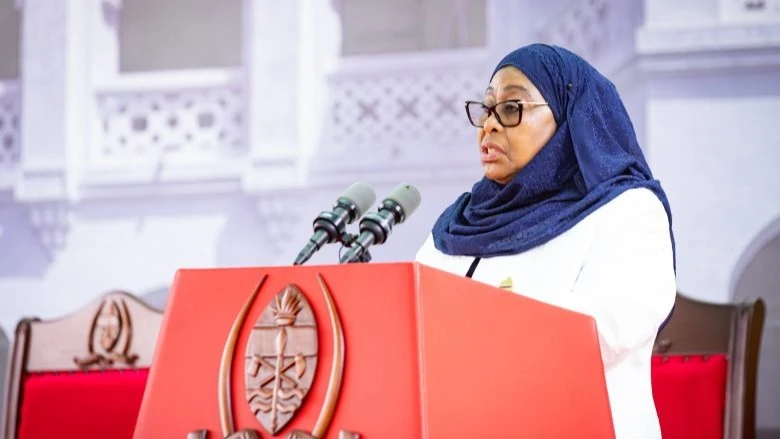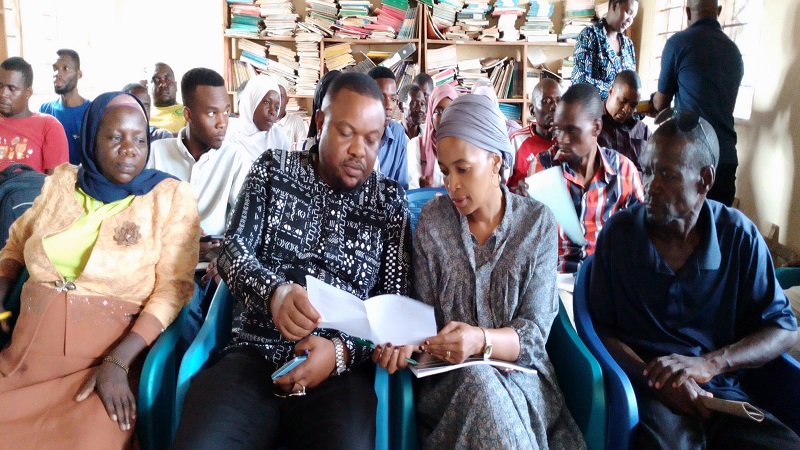Experts want legal framework on AI usage to protect privacy
TECHNOLOGY stakeholders have underscored the need for the government through its regulatory authorities to put in place robust measures to protect consumers from the ongoing development of artificial intelligence (AI).
According to them, despite massive opportunities that the AI value chain offers, many consumers are at high risk of losing their right to privacy but also find themselves in the hands of scammers or fake companies, something which affects the economy and development in general.
Speaking during a stakeholders’ workshop on AI in Dar es Salaam yesterday, the experts said that the government needs to establish legal and ethical frameworks on development and deployment of AI through data privacy, security, transparency and accountability in AI systems.
“Emerging technologies such as artificial intelligence and internet of things are key in digital transformation to produce more jobs and promote socio-economic development but when adopting these, we need to be very careful with their negative impacts that may harm people,” said Judge Salma Maghimbi, Chairperson of the Fair Competition Tribunal (FCT).
According to her, without controlling technological systems which provide services to people, the risk of increased supply of substandard products through fake systems can increase thus affecting the economy in general.
She said it is important to ensure that AI developers create models that respect user privacy by minimizing data requirements through implementation of robust data protection measures.
“Artificial intelligence, a fast-evolving technology that taps into the intelligence of machines or software, is transforming all social spheres globally. Nevertheless, the introduction of these cutting-edge solutions poses substantial challenges in clinical and care environments, necessitating a thorough exploration of ethical, legal and regulatory considerations,” she said.
Dr Anthony Kigombola, Lecturer at the University of Dar es Salaam, said it was time to develop national strategies that align with global principles, fostering an environment where responsible AI can flourish and consumer rights are protected.
Dr Aggrey Mlimuka, Chairman of the Fair Competition Commission (FCC), said that researchers have a big role to play to dig deep and come up with alternatives which will ensure the rights and interests of consumers.
“We need to ensure that we all know the advantages of AI along with its negative impacts and how they can be addressed to continue to promote a safe society,” he said.
FCC Director General William Erio said the workshop brought together experts and stakeholders from various companies and institutions as well as consumers to discuss and come up with recommendations which will facilitate improvements of policies and laws governing the sector in a wider goal to protect consumers’ rights.
“Digital markets have greatly grown with the support of AI systems enabling people to conduct trade but also consumers to order services online whereby sometimes they end up receiving fake or sub-standard services or products; all these will be discussed and then see how we can develop measures to control the technologies,” he said.
Top Headlines
© 2025 IPPMEDIA.COM. ALL RIGHTS RESERVED






















